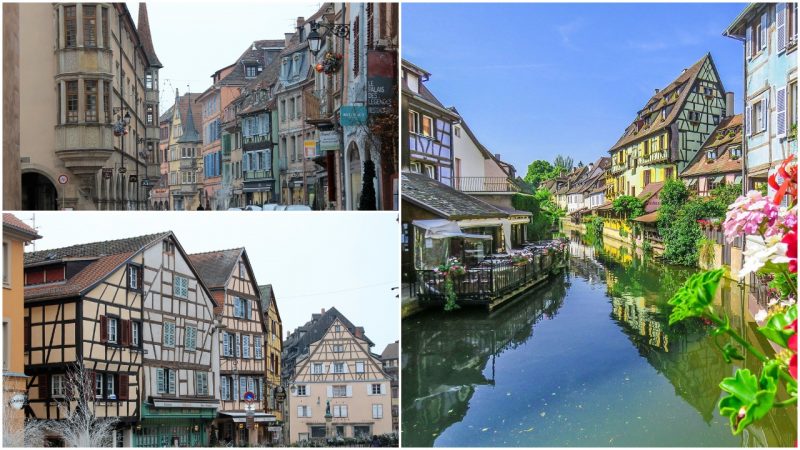Nestled amid the wine-covered foothills of the southern Vosges Mountains in north-eastern France, the charming town of Colmar houses an abundance of historic wealth and ” feast for the eyes” architecture.
Located on the Alsatian Wine Route, the picturesque old town proclaimed itself as Capitale des vins d’Alsace, or the “capital of Alsatian wine.”
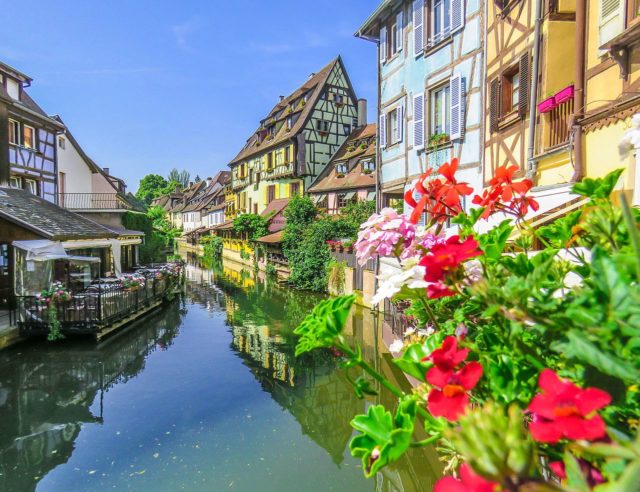
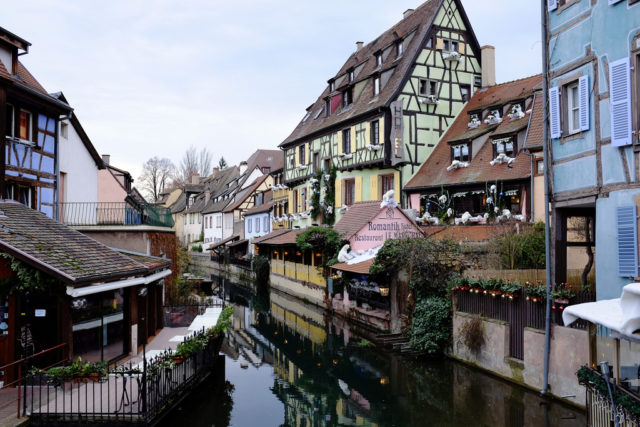
Besides for the lavishness of Alsatian wine, Colmar is also renowned for its superbly preserved old town, adorned with timber framed wood houses reflecting an exceptional blend of Germanic and French architecture.
A captivating maze lined with traditional Alsatian burghers’ houses and cobblestone streets, crossed by canals of the river Lauch, Colmar was famously dubbed “The Little Venice of Alsace” or (La Petite Venise).
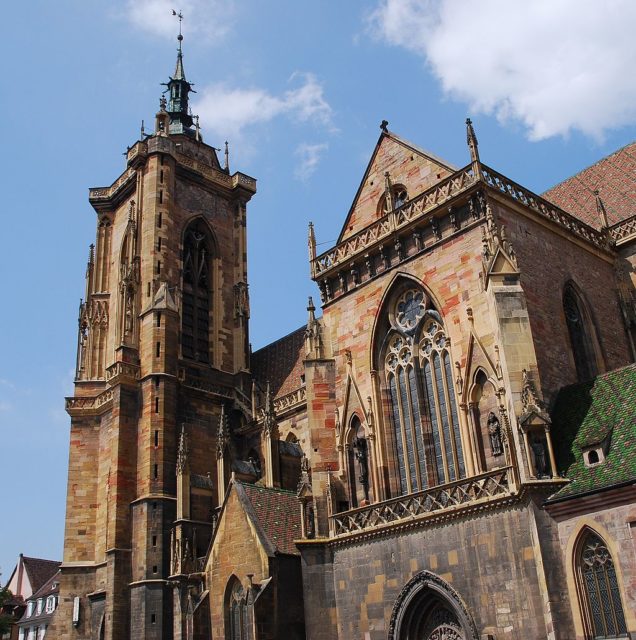
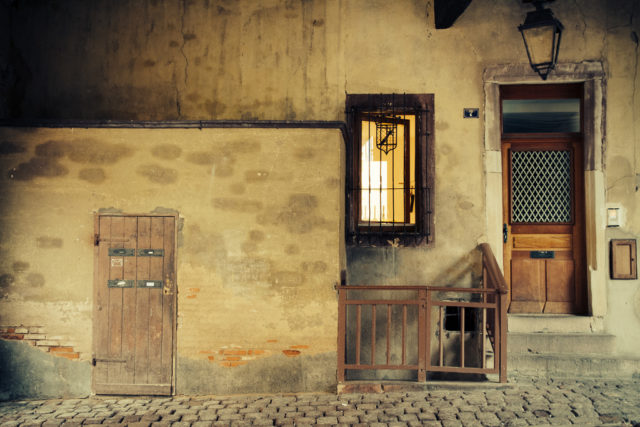
Founded in the 9th Century, Colmar was first granted a status of a free imperial city in the 13th Century by Emperor Frederick II.
In 884, the Carolingian Emperor Charles the Fat choose Colmar as a perfect location to held his infamous diet.
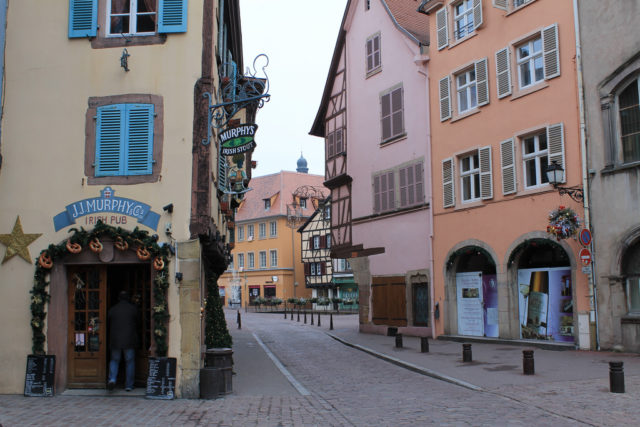
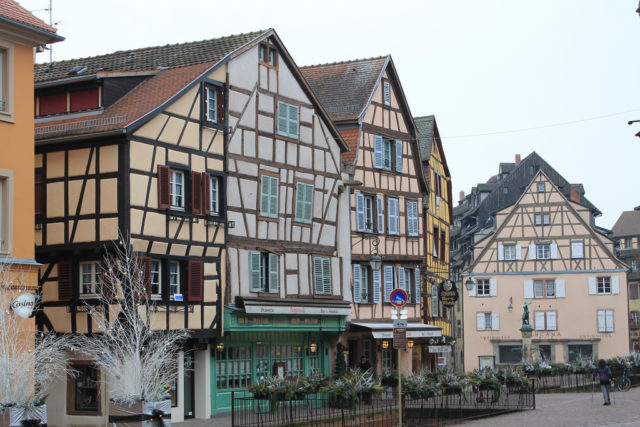
During the Thirty Years’ War, Colmar fell into the hands of the Swedish army in 1632, who held the town for two years.
Shortly afterward, Colmar’s harvest was impoverished by Imperialist forces who were shot by the residents from the walls of the city.
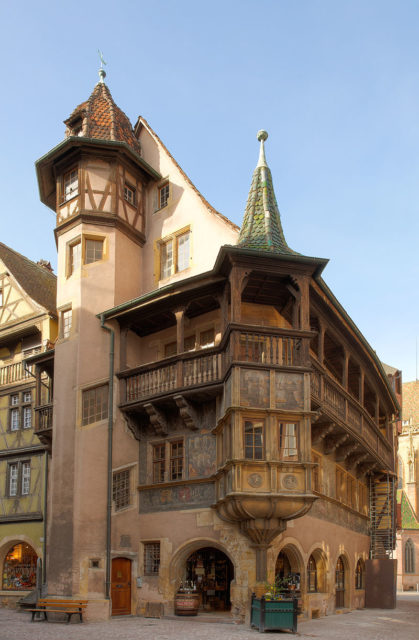
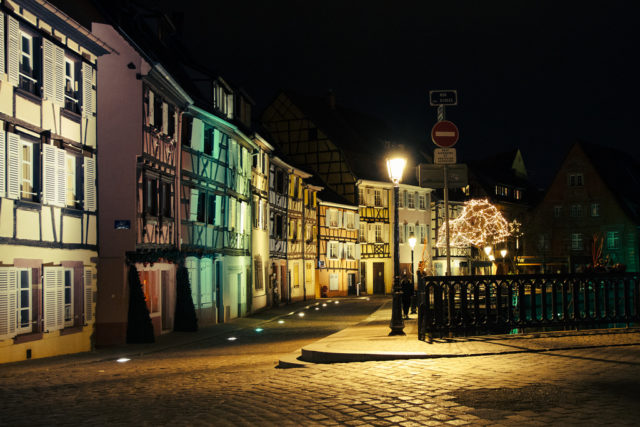
King Louis XIV conquered the city in 1762 and Colmar was officially ceded by the 1679 Treaties of Nijmegen.
In 1871, as an outcome of the Franco-Prussian War, the newly formed German Empire annexed Colmar with the rest of Alsace and integrated it into the Alsace-Lorraine province.
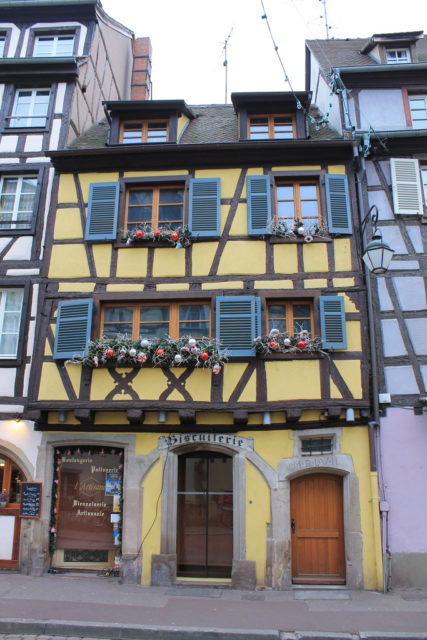
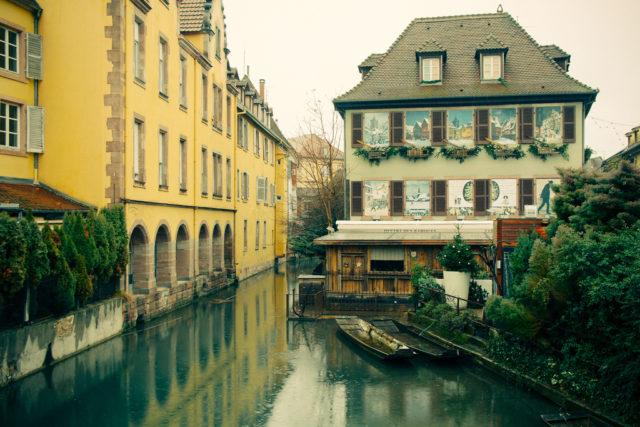
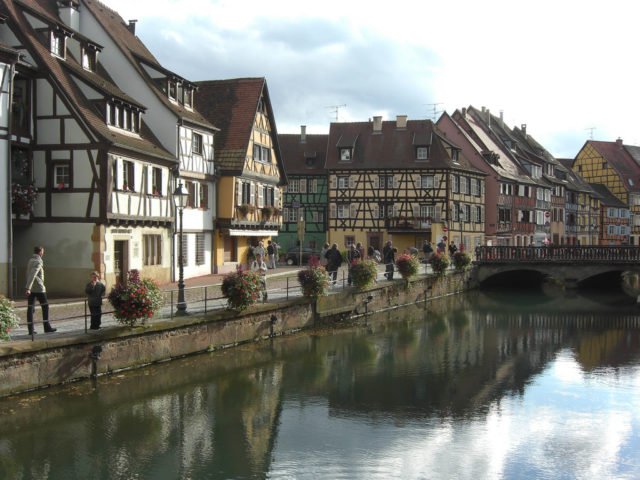
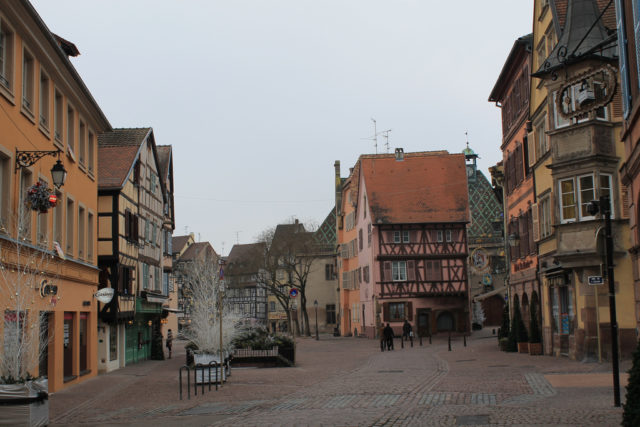
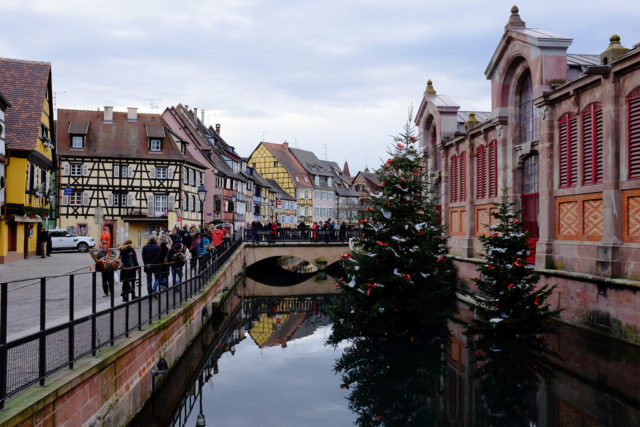
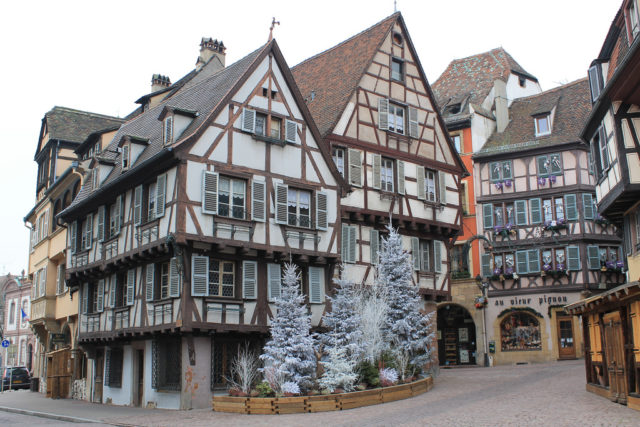
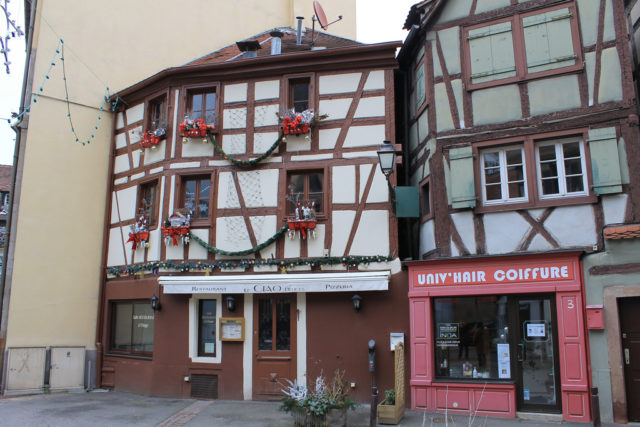
The French got back their city after World War I, but it was again annexed by Nazi Germany 1940, and once again returned to France after the Battle of the Colmar Pocket in 1945.
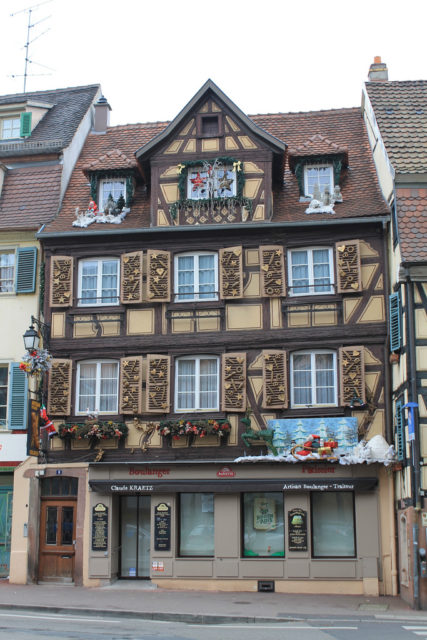
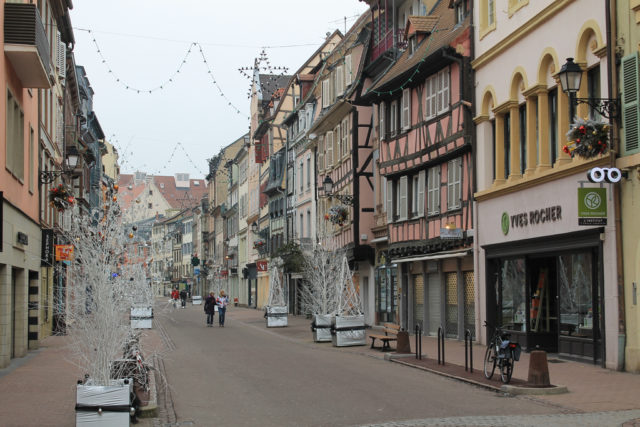
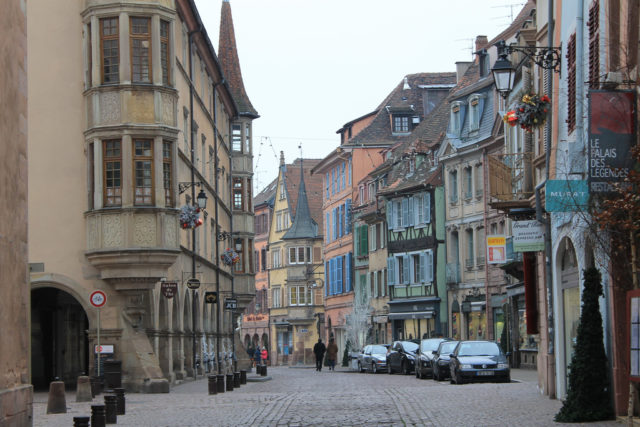
Despite its turbulent history, Colmar was largely spared from the destruction of the French Revolution and managed to keep the authentic old town which is favorite among the tourists.
